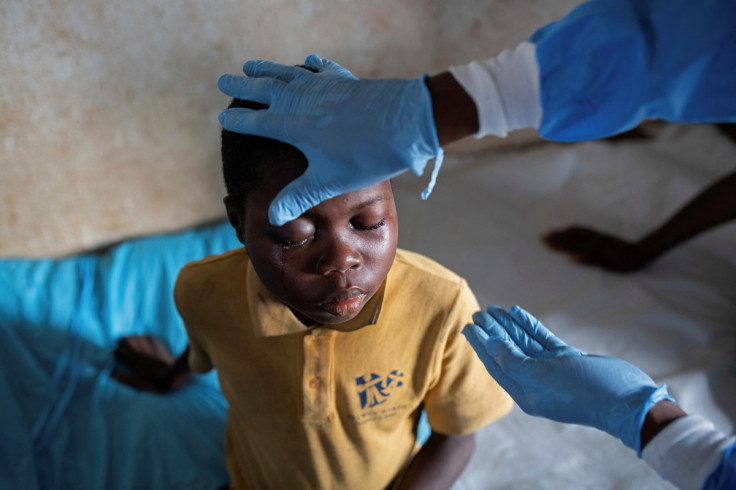Health Minister Urges South Africans To Be Vigilant As Country Records Monkeypox Case

Minister of Health Joe Phaahla on Monday urged people to be vigilant as South Africa recorded a laboratory-confirmed case of monkeypox disease in a 35-year-old man, living in Gauteng province.
Monkeypox disease, also known as Mpox, was reported by Lancet Laboratory in a man on May 9. Following this report, the National Institute for Communicable Diseases (NICD) also confirmed the same and immediately alerted the health department.
According to the department, Mpox is a viral infection that is not easily spread between humans. The symptoms of this disease include painful rash, swollen lymph nodes and fever.
Talking about the reported case, the patient has no history of recent travel to any other country that has such an outbreak of monkeypox virus.
"Both the National and Gauteng Departments of Health have been actively involved and are managing the situation as per protocol and national guidelines. Contact tracing [is] continuing [to identify] any additional linked cases of Mpox in South Africa," the health minister said, SA News reported.
Since last year, the Democratic Republic of Congo (DRC) has been dealing with the outbreak of Mpox, caused by a specific type of monkeypox virus called clade I. The department noted that clade I has a higher fatality rate compared to global outbreak-associated clade II.
"Additionally, transmission of MPXV clade I is mostly observed among heterosexual individuals through sexual transmission, particularly among female sex workers," the health department minister said.
He added, "Isolation of confirmed cases allows for the prevention of transmission and interruption of the cycle of transmission. Circulation of the MPXV in humans may be eliminated through this classic containment approach. Mass vaccination against the MPXV is not currently recommended."
South Africa previously reported a Mpox case in August 2022.
Mpox is a rare but deadly disease. However, such cases can be resolved within two or four weeks with proper medical care. Most of these cases don't even require the patient to be admitted to the hospital.
The department explained that to prevent this infection, it is important to keep such cases in isolation until they completely recover. It emphasized that the virus doesn't spread easily and the risk of transmission is low.
Earlier this month, the National Department of Health urged the public not to believe outdated and false information circulating on social media about the new COVID-19 Omicron XBB variant.
© Copyright 2026 IBTimes ZA. All rights reserved.





















